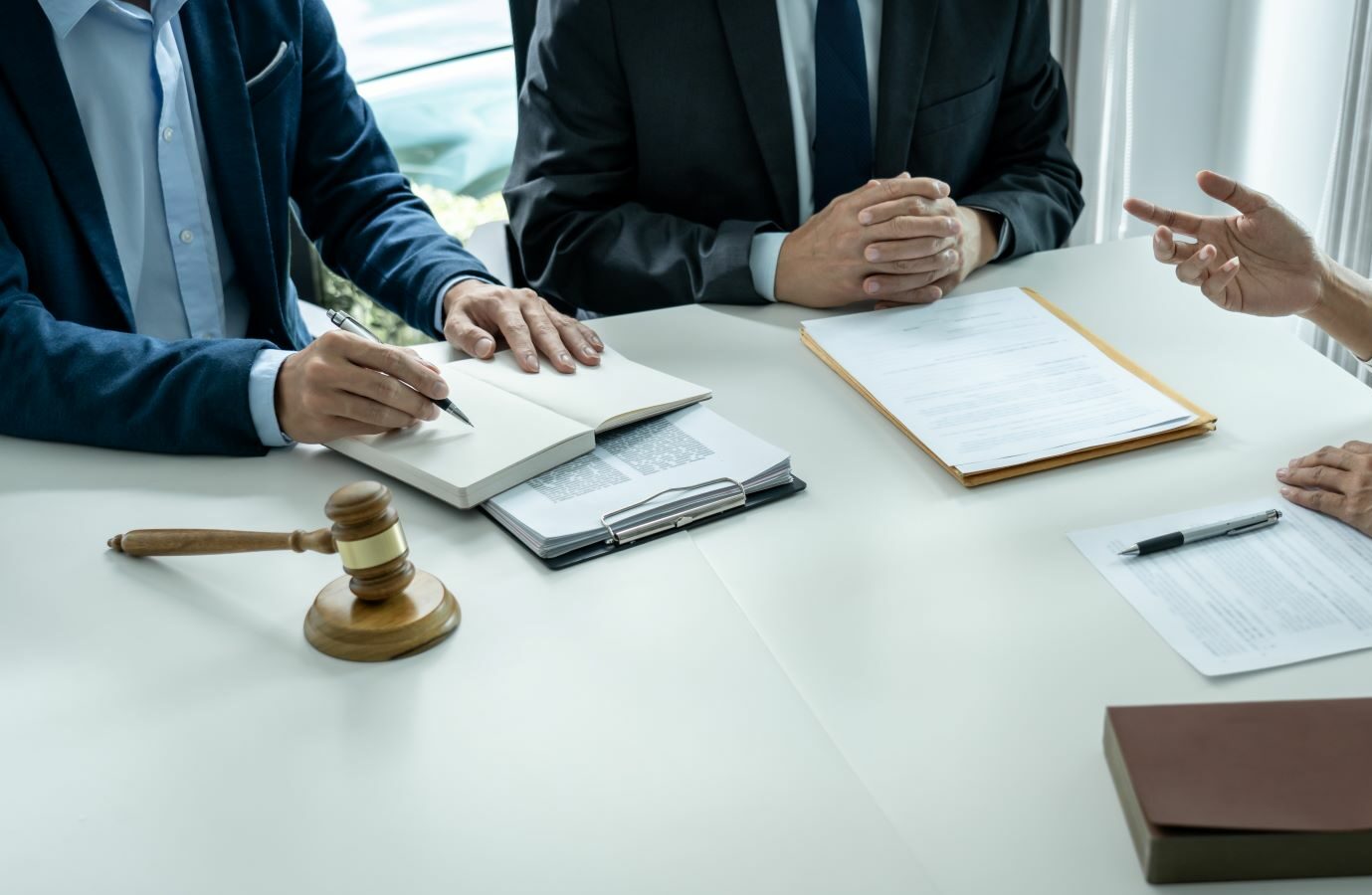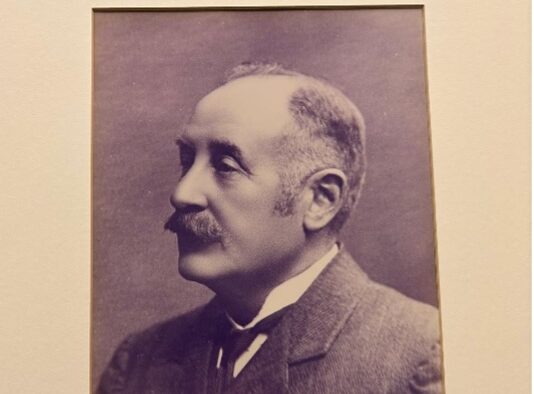The government has recently launched a consultation into the implementation of Standard Essential Patents (SEPs), with the goal of addressing longstanding problems that affect patent owners, licensees, and other parties operating in the technical fields. Many in the industry have welcomed this long-awaited review, but what are SEPs, and why is the government reviewing them?
What are British Standards and how do Standard Essential Patents (SEPs) relate?
Standards, often referred to as technical standards, are established requirements for repeatable tasks, technologies, services or concepts to make sure different products can interact and work together. Standards are set by standard development organisations (SDOs), such as the British Standards Institution (BSI) in the UK, which sets the technical specifications for a wide range of products and services. Manufacturers and service providers are required to make their goods and services standard-compliant.
It may be the case that an emerging technology becomes a new industry standard, as these technologies can offer universal improvements rendering the previous standard obsolete, for example the emergence of 5G technology. This new emerging technology, or parts of it, may fall under patent protection, and as such the required implementation of the new standard by a non-licensee risks infringement of the patent. This is where Standard Essential Patents come in.
What are SEPs?
A patent that protects technology which is implementing a standard is known as a Standard Essential Patent (SEP). The rules and regulations governing SEPs are complex, spanning patent framework, competition law, standardisation and contract law.
The UKIPO encourages SEP holders to license their patents to the market and generate royalties, provided the terms are fair, reasonable and non-discriminatory, also known FRAND terms. It is worth noting that there are provisions in patent law to allow the UKIPO to grant compulsory licenses where there has been abuse of monopoly rights.
Why is the government reviewing the SEP landscape?
The government has identified a number of challenges in the “SEP ecosystem”, including Transparency (pricing and essentiality) and Litigation. It is the government’s objectives to help implementers navigate and better understand the SEP ecosystem; improve the transparency of the ecosystem; and identify ways to increase efficiency in dispute resolution.
Regarding transparency, the government is proposing a ‘Rate Determination Track’ which would be a simpler and more efficient approach to legal proceedings to determine a correct license rate. The government is further considering additional search functions on the UKIPO website that would enable a user to search for patents that relate to technical standards, in a similar manner to the present searchability for Supplementary Protection Certificates (SPCs) for medical products and pharmaceuticals.
Regarding measures to improve SEP licensing and dispute resolution, the government is assessing the need for a specialist SEP Pre-Action Protocol; assessing market provision of essentiality checking services; and the development of Alternative Dispute Resolution (ADR) services specific to SEPs.
The government consultation runs until 7 October 2025, and the full consultation document can be read here.
SEPs are becoming increasingly relevant as further interoperable products and technologies emerge, and technical standards are introduced. The number of patents declared as essential worldwide is growing exponentially. As the number of SEPs grows, it is a necessary step for the UKIPO to evaluate the workability and fairness of the SEP ecosystem in the UK. This consultation is the first step in that process.







